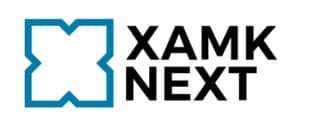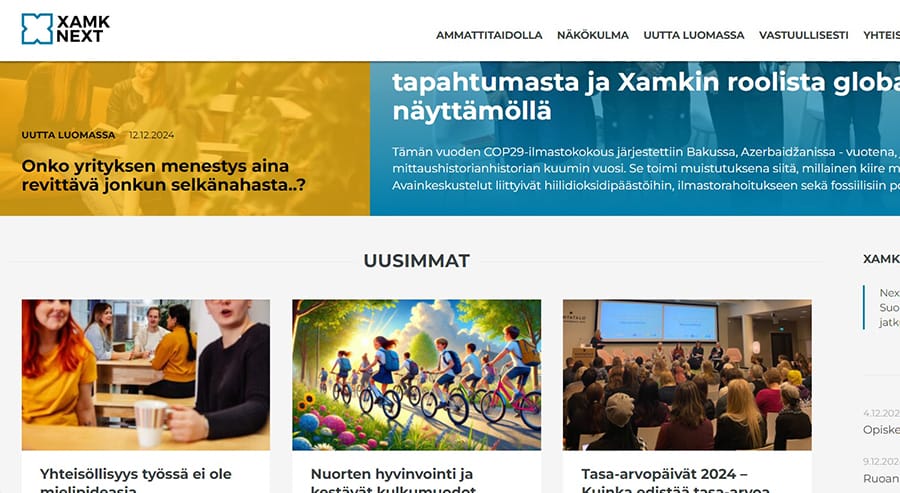The Twin Campus Cooperation Model Helps Developing The International Cooperation
As one of the Twin Campus project activities, the international Twin Campus Cooperation Model has been developed between Xamk, ITMO University, and project partners that offer company services. The model is divided into three sectors: projectional cooperation, educational cooperation, and business service cooperation. The main goal is to create a continuum for long-term cooperation that makes international cooperation easier between organizations.
During the Twin Campus project, the cooperation has been tested with different experiments. Between the universities, there have been events, web-based training, and hackathons for students who can get ECTS credits from participating.
One of the latest experiments was Technology Broker School, a 7-week lecture series about technology transfer for students and university staff. Teachers and experts from Xamk and ITMO universities held the lectures twice a week. Technology Broker School was a very successful experiment of international educational cooperation.
Covid-19 major force to develop cooperation ways
Before the Covid-19 pandemic, the cooperation between Xamk and ITMO universities demanded lots of travelling between the St. Petersburg and Kymenlaakso regions. The cooperation events needed more long-term planning, preparations, and scheduling.
With the Covid-19 pandemic, an opportunity for agile cooperation has been found from online implementation. Using the different platforms and technology, we have changed experiences, presented the university activities, and organised workshops between Finnish and Russian project partners.
Online cooperation has softened the boundaries of countries and universities and brought cooperation to the practical level.
Towards established practices
Even though the Twin Campus project ends in May 2022, the cooperation between the project partners continues with other RDI projects. The different expert lessons and student events have found their places in the cooperation.
The organized cooperation events will continue during Spring 2022 with the Biotechnology and Circular Economic webinar event. The thematic cooperation meetings in MS Teams between Xamk and ITMO will also continue in the future.
In the meetings, experiences and lessons on various education and projects are shared mainly between the university staff, but everyone interested is welcome to join.
The updated information on Russian cooperation and the partners of the St. Petersburg area are gathered on Xamk’s websites: Cross-border Russian–Finland cooperation – Xamk. From the website, you can find information for companies and RDI projects, but also for students if you are interested in having your practical trainee in an international project.
Companies heading to the Russian market can find information on business services from the St. Petersburg region, and the companies heading to the Finnish market from Russia can find information on the business services of Kymenlaakso and Xamk campus cities.
The Twin Campus Cooperation Model lays the groundwork and rams for evolving cooperation. Using The Cooperation Model, the practices for cooperation and its development between countries can be established. You can read more about the model and how it is implemented from a downloadable brochure here: Twin Campus Cooperation Model and Road Map.




